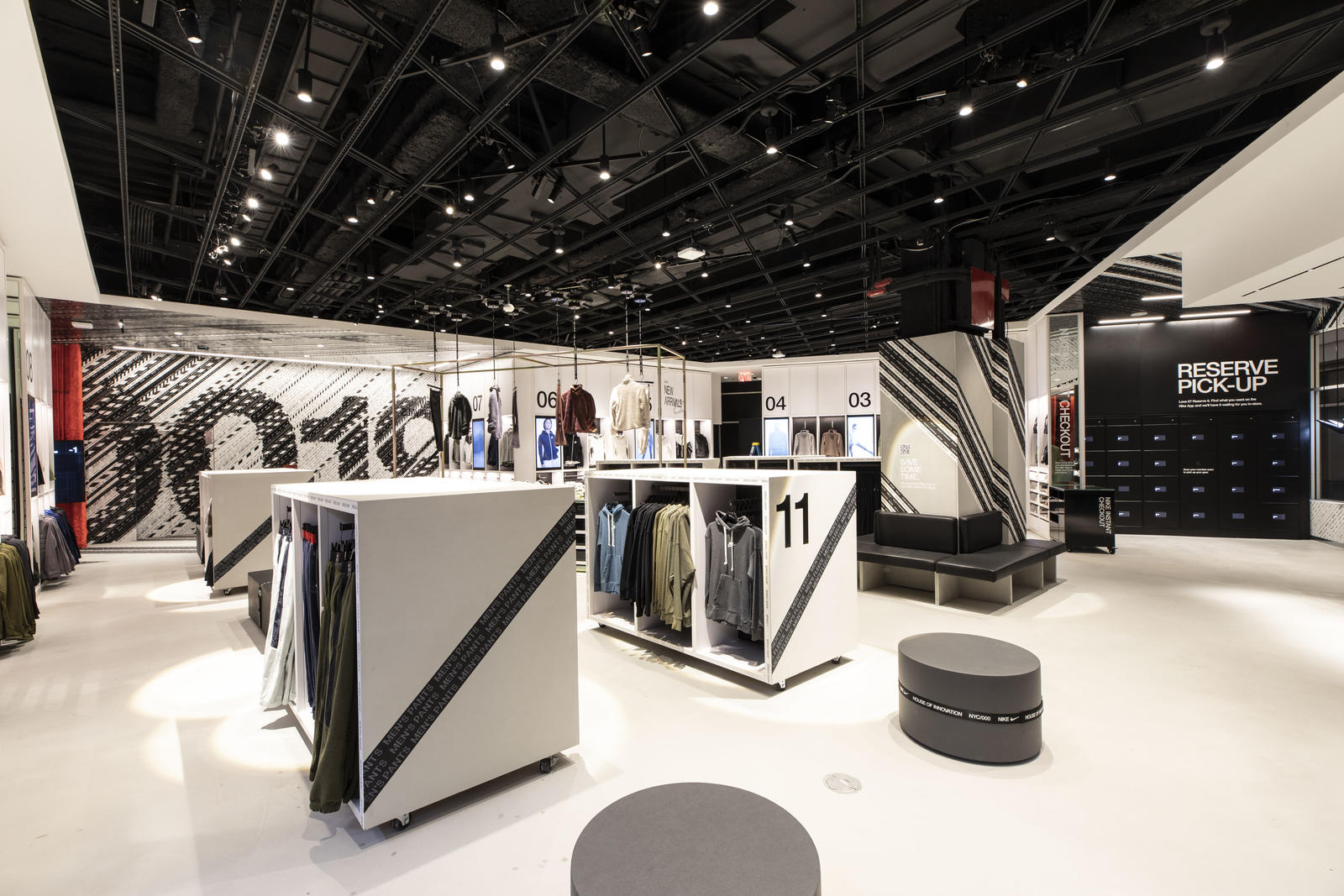Spencer Conway discusses frictionless customer experience
First published in Little Black Book on 22nd March, 2019.
The successful stores of tomorrow will be those that seamlessly combine retail with an experiential destination, placing value on experience per square foot rather than sales per square foot.
Space Ninety 8, an off-shoot of Urban Outfitters, is an excellent example of this. It’s a shared retail space that spans five floors and hosts retailers, galleries and even a rooftop restaurant and bar. So vast is the variety of experiences that are designed to make it first and foremost a community destination that retail is well down its agenda.
The thinking is this: if a store focuses less on directly pushing product and more on being a unique, unexpected and inspirational place, customers will connect with brands on a much more emotional and tactile level. This, in turn, will result in stronger, longer-term connections and it is these that will drive sales.
A key aspect of becoming unique will be a retailer’s ability to use customer data strategically and intelligently.
By combing data from across different owned domains, web, social and app, brands will be able to open up opportunities to refresh or reinvent their retail proposition. They might take personalisation to another level, for example, moving ever closer towards creating authentic one-to-one experiences.
With the right data strategy, brands will be able to combine the convenience of online shopping with physical stores with customers getting a carefully curated shopping experience as they move seamlessly between the two.
For now, and for most retailers, the gap between physical and digital remains way too large. Nike, however, is one exception.

Nike’s flagship store in New York: The Nike Speed Shop, which uses local data to influence stock and to create a “frictionless” customer experience.
Nike is experimenting with data to design contextualised strategies for its customers to create ‘smart stores’. By harnessing local community data and using it to power part of its flagship New York outlet, its lines between the convenience of online shopping and more traditional bricks and mortar retail experiences are starting to blur.
Stock levels and product types within this store’s ‘Speed Shop’ – an area where you can reserve whatever item you’ve chosen online to try in-store, and then find on arrival in an allocated locker – depends on which items are selling best online in the local area.
Furthermore, a frictionless service has been designed for customers who have the Nike app – as they browse around the store, they enjoy on-the-go access to in-store products and offers. With items in any size reserve-able in advance and scan-able barcodes on in-store displays, the promise is that customers can pay and leave without having to queue.
Frictionless is the future. Or, to put it another way: build the right experience and the sales will come.
